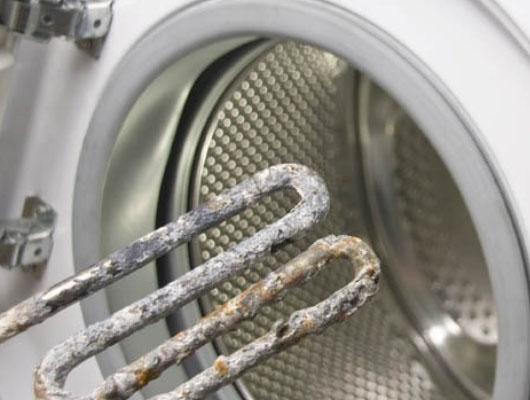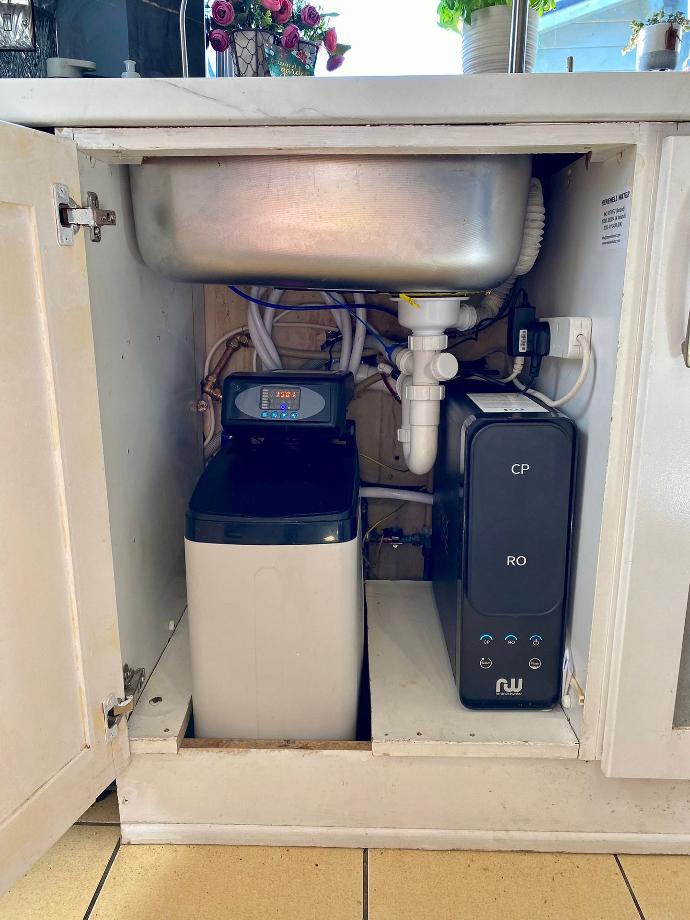
Decoding Water Filters: Is Yours Battle-Ready Against Hard Water?
Hard water can wreak havoc in your home, leaving its mark on fixtures, appliances, and even your skin. Enter water filters, the unsung heroes in the battle against impurities. But the million-dollar question remains: Is your filter truly effective against the relentless enemy known as hard water? Let's embark on a journey of exploration, dissecting the advantages and disadvantages of different water filters in the context of hard water.
Understanding Hard Water:
Before we dive into the world of filters, let's briefly demystify hard water. It's laden with minerals, primarily calcium and magnesium ions, which can wreak havoc on your plumbing and appliances over time.

1. Activated Carbon Filters: Advantages:
- Effective Against Impurities: Activated carbon filters excel at trapping impurities, improving taste, and reducing odors.
- Cost-Effective: These filters are often more affordable compared to some other options.
Disadvantages:
- Limited Impact on Hardness: While activated carbon filters can address certain impurities, they're not specifically designed to combat water hardness.
2. Reverse Osmosis Systems: Advantages:
- Comprehensive Filtration: Reverse osmosis removes a broad spectrum of impurities, including hard water minerals.
- Improves Taste and Odor: RO systems contribute to better-tasting and odor-free water.
Disadvantages:
- Wastewater Production: RO systems may generate wastewater during the filtration process.
- Cost and Maintenance: Initial installation costs and occasional membrane replacements can be relatively higher.
3. Water Softeners: Advantages:
- Dedicated Hardness Reduction: Water softeners specifically target and reduce calcium and magnesium ions, preventing scale buildup.
- Improves Appliance Longevity: Softened water is gentler on appliances, potentially extending their lifespan.
Disadvantages:
- Adds Sodium: The ion exchange process in water softeners introduces sodium into the water, which may not be suitable for those on sodium-restricted diets.
- Selective Filtration: Water softeners focus primarily on hardness and may not address other impurities.

Combining Filters for Optimal Results:
The key to a robust defense against hard water is often found in combining filtration methods. Pairing a water softener with another filter, such as activated carbon or a sediment filter, can provide a well-rounded solution.
Conclusion:
Choosing the right water filter involves understanding your water's unique challenges. Activated carbon filters, reverse osmosis systems, and water softeners each have their strengths and weaknesses. By evaluating your water quality, considering your budget, and understanding the specific needs of your household, you can make an informed decision on the most effective filter or combination of filters for battling hard water.
Remember, the quest for clean, soft water is a journey worth navigating. Arm yourself with knowledge, explore your options, and enjoy the benefits of water that not only tastes better but also treats your home and appliances with the care they deserve.
Is My Filter Effective With Hard Water?